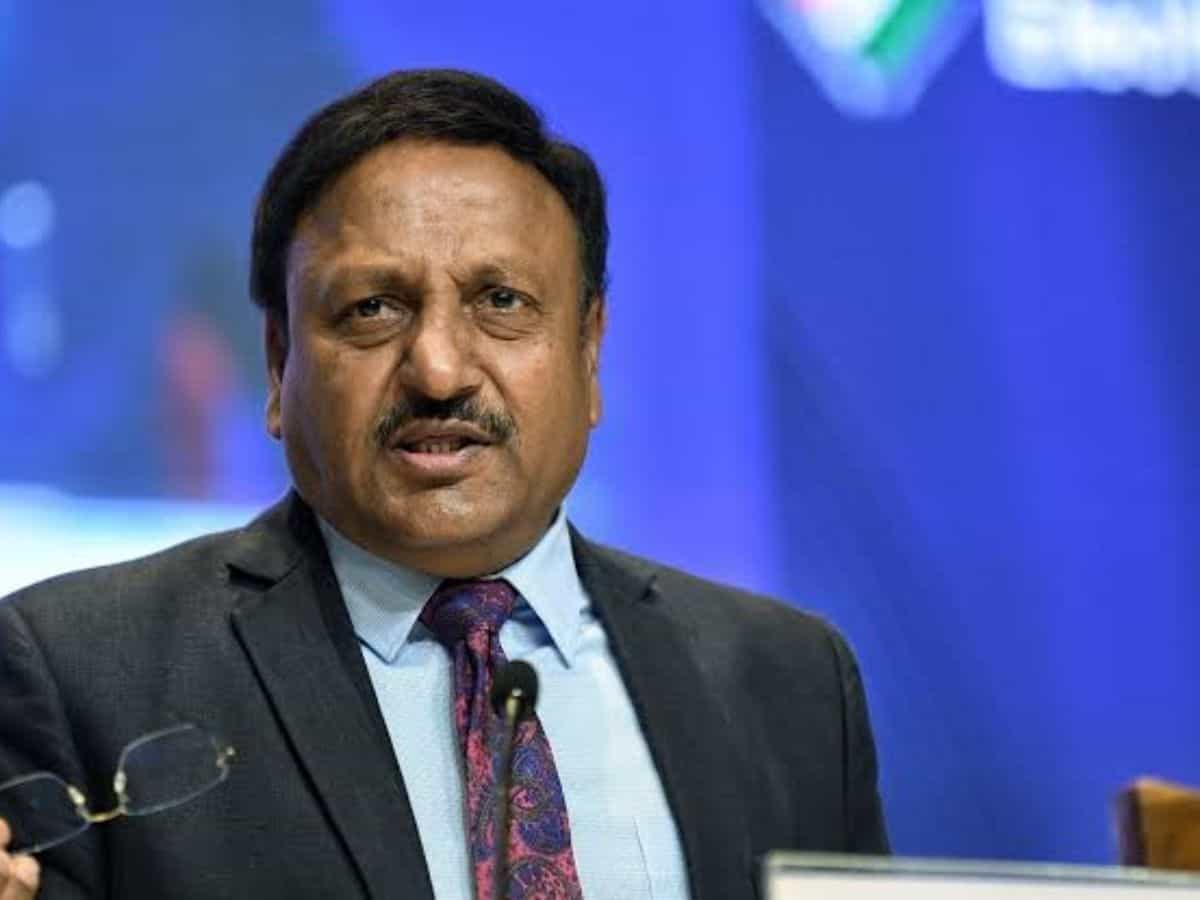
Chennai: The voters have a right to know about the feasibility of fulfilling poll assurances made by political parties, Chief Election Commissioner Rajiv Kumar said on Saturday and made it clear that the matter is, however, sub judice.
Political parties have a right to make promises in their election manifestos and the electorate has a right to know if these are genuine and how these programmes could be funded, he said, adding the entire matter forms part of an ongoing case and the matter was sub judice.
At a press conference here, Rajiv Kumar, answering questions, said the Election Commission has prepared a ‘proforma’ to make parties to make a disclosure on their election promises. However, this aspect also relates to the pending court matter.
He said enforcement agencies have been directed to stay vigilant and prevent distribution of cash and freebies. National Payments Corporation of India too has been tasked to monitor online transactions.
To a question on ‘fake news,’ he said, ‘today fake news is running as you mentioned that election dates have been announced,’ This fake news has, however, been countered within half an hour and it was made amply clear that it was fake.
A majority of political parties have sought single phase polls. After holding meetings with political parties during the last two days, Rajiv Kumar said “a majority of parties informed him that many parties have commenced parking of funds for distribution to voters.”
“We met various political parties both national like the BJP, INC and state parties like the AIADMK, DMK. A majority of their demands were single phase elections, curb on distribution of money and freebies,” he said.
The parties also sought action to prevent ‘voter impersonation,’ distribution of liquor and transfer of money through online mode.
During past elections in Tamil Nadu, parties have often accused each other of ‘inducing’ voters by distributing cash and gifts.



